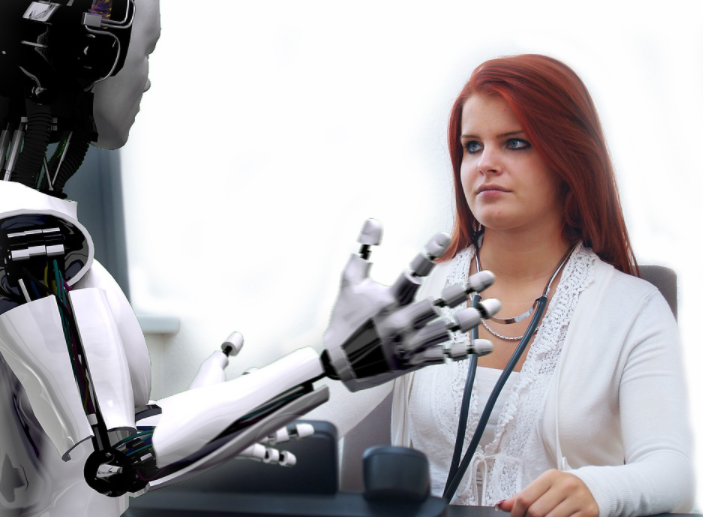Excellent Technologies for Better Healthcare Industry

Technology is an important part of healthcare as it drives most of the improvements that can change and improve lives. One of the best technologies used in healthcare is the health simulator. So, you should read more about it. In the following guide, we will look at the most innovative technology used in the healthcare market. The pace of innovation is accelerating, and many would agree that this technology is helping us practice topical and pharmacological treatments that allow us to use new tools, save lives, and gather information. In the following guide, we will highlight some of these complex ways technology is changing healthcare and how we should embrace it when discussing information or assisting in high-risk operations.

Healthcare Simulation
Simulation in healthcare is a technique used to reinforce or enhance real-world experiences with guided exercises that interactively evoke or replicate essential real-world skills. Healthcare simulation uses many different tools, from immersive or near-replicated healthcare environments that include virtually everything in a real-world clinical setting to enhanced virtual healthcare environments.
Virtual Healthcare
Virtual health care is also known as telemedicine because it allows people to share important information with their doctors and track their health at home, for example, with a stethoscope. Some of the best stethoscopes can easily be purchased online. This type of health care also allows doctors to discuss their knowledge through video conferencing or even mobile programs. Years ago this was unthinkable, but now you can connect with a doctor from another region of the planet and learn about their revolutionary treatments and medications.
Healthcare Artificial Intelligence
Artificial intelligence is not yet a top priority, and implementation may be slow, mostly due to cost (only 12% of health programs reported running AI for cancer care or plan to do so in 2018). According to the reports, some of the most typical areas impacted by AI are clinical decision support, individual wellness, disease management, readmissions, and physician/healthcare pricing programs. They point out that AI machines will almost certainly replace radiologists, but instead, AI could improve the doctor-patient connection by freeing up time that is essentially missing for doctors so they can spend more time with patients.
Medical 3D Printing
3D printing isn’t new, it’s been around for a while, but it’s come a long way. Now printing has faster prototypes that could provide custom prosthetics. The reason 3D printing is great is the fact that it can also recognize organ and tissue grafts to create realistic skin. 3D replicas and anatomical variations also allow doctors to scan information to diagnose and describe ailments and plan surgical procedures. 3D printing still has a long way to go, but the versions are becoming more intricate and realistic.
Robot Assistant for Surgery
Robot-assisted surgery This is a type of surgical procedure performed using autonomous approaches. It has improved the skills of surgeons. For example, laparoscopic surgery requires small incisions that can be done this way, as they do not require blood transfusions.


